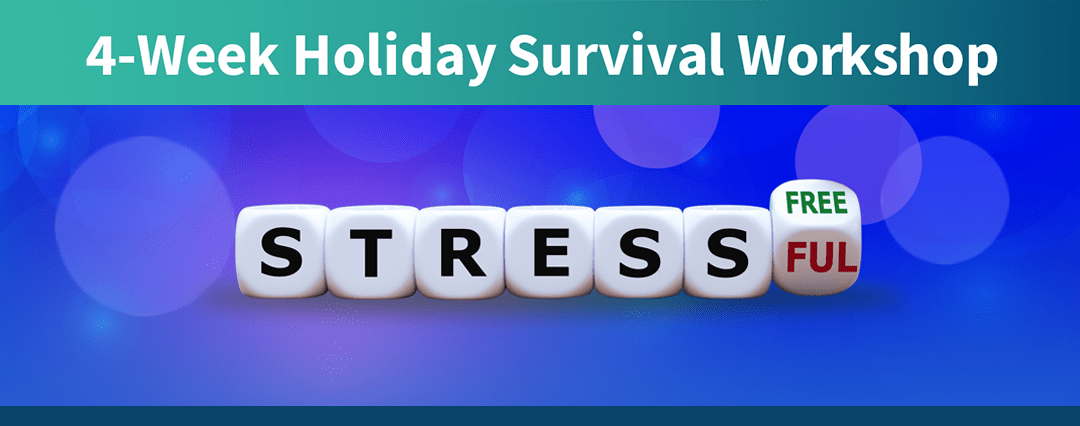After more than a year of separation and isolation, many families will finally reunite this holiday season. And while the holidays are pivotal times to celebrate and connect with our loved ones, they can also lead to anxiety, stress and depression for many.
According to Jessica Ruiz, Chief Psychologist and Director of Behavioral Health Associates of Broward, Counseling Centers of Goodman JFS (BHAB), tense family dynamics, political differences, recent losses of loved ones and loneliness will be common threads of concern this time of year. Being equipped with the right tools can alleviate triggers that lead to a disappointing holiday season.
Q: What are some of the most common holiday stressors?
JR: The most common holiday stressors include:
- Time and preparation
- Travel
- Financial
- Family dynamics
- Loneliness
- Grieving loved ones
- Managing expectations
Q: What do you say to those who experienced loss this year and will be celebrating holidays without their loved one for the first time?
JR: Holidays can remind us of our loved ones who cannot be with us during this time. Thinking about, remembering, and missing our loved ones is a natural part of the human condition and a testament to the love we share and the impact our loved one has had in our lives. It is important to know that grieving is common over the holidays, and that people grieve differently. Allow yourself and your loved ones the space to grieve and honor their loved one in their own way during this time. Try to reach out for and accept support from those who can provide comfort and understanding.
Q. Conversely, what do you say to those who are nervous about balancing family dynamics once again?
JR: There are many tips and strategies that can help you navigate challenging family dynamics during this holiday season:
- If possible, sit close to those who you enjoy speaking with and sharing at the dinner table
- Bring a supportive person with you to the gathering
- Avoid discussing topics that are known to lead to arguments or conflict
- Keep in mind the reasons for coming together
- Be kind
- Be mindful of your own needs and practice self-care
- Have an exit strategy
If your or someone you know is interested in talking with one of our licensed clinical experts, please call 954-909-0888 or email BHintake@jfsbroward.org.


